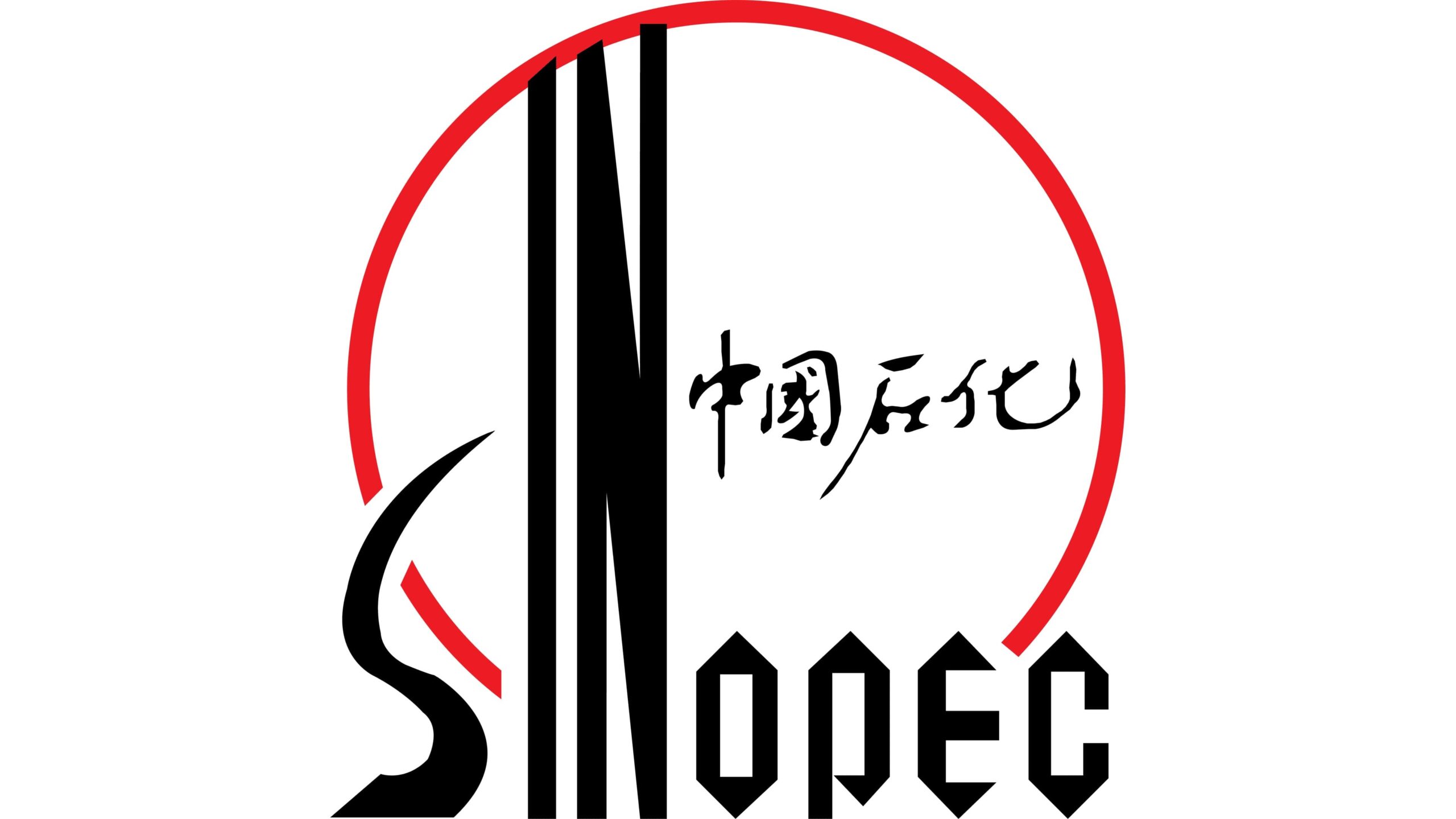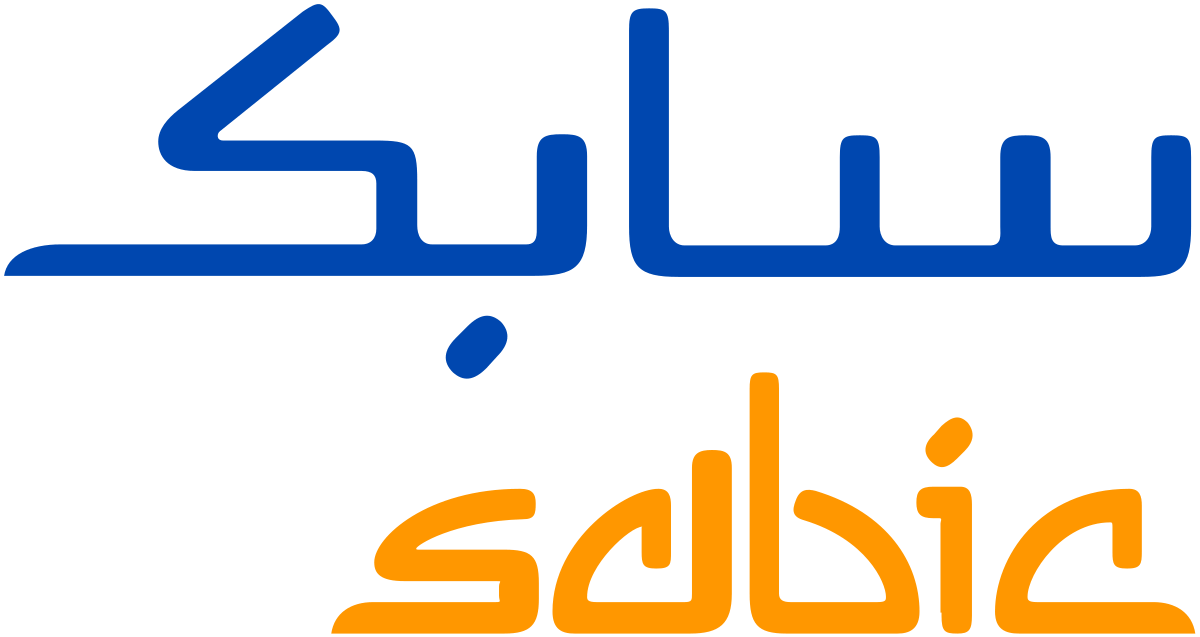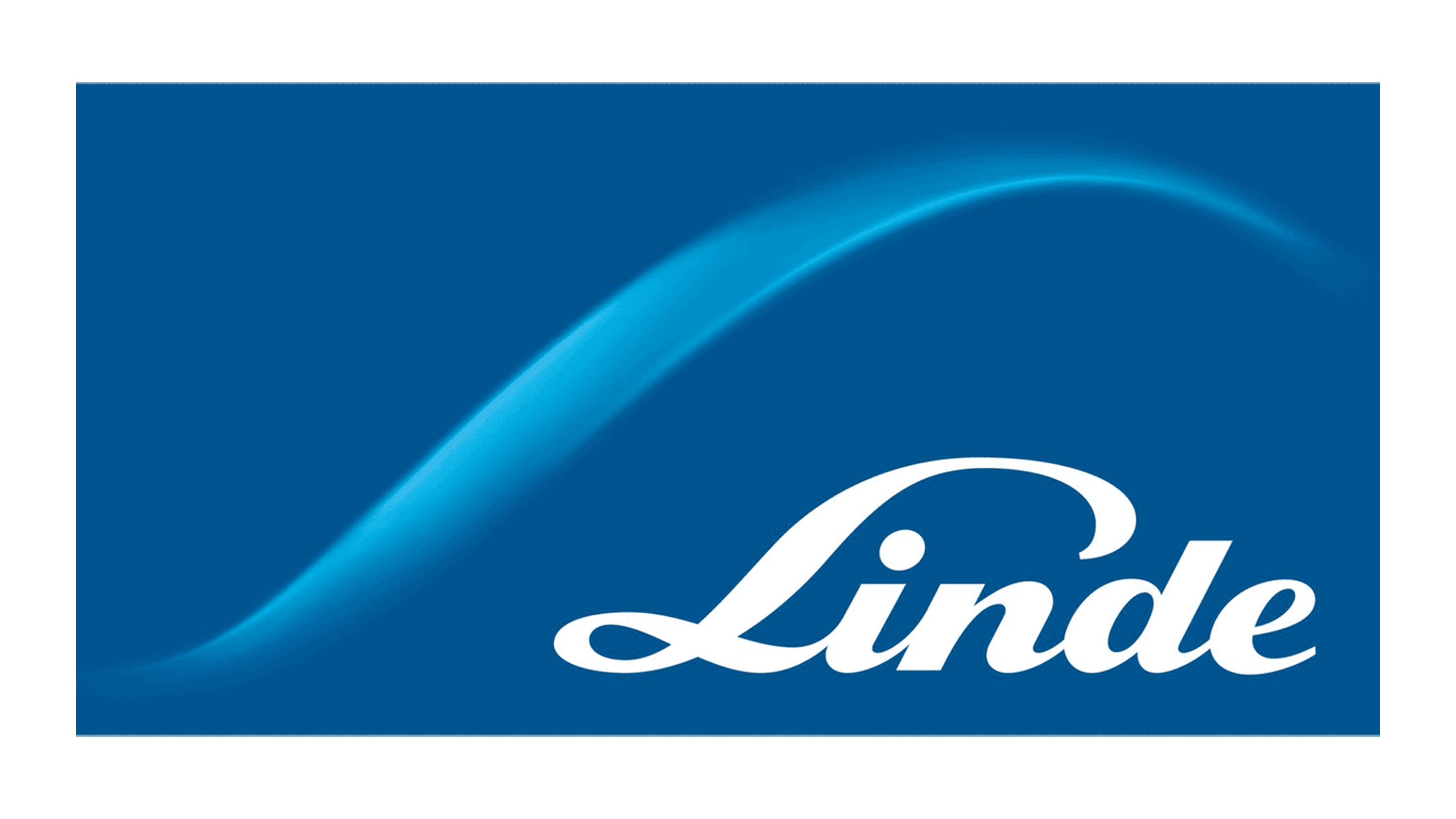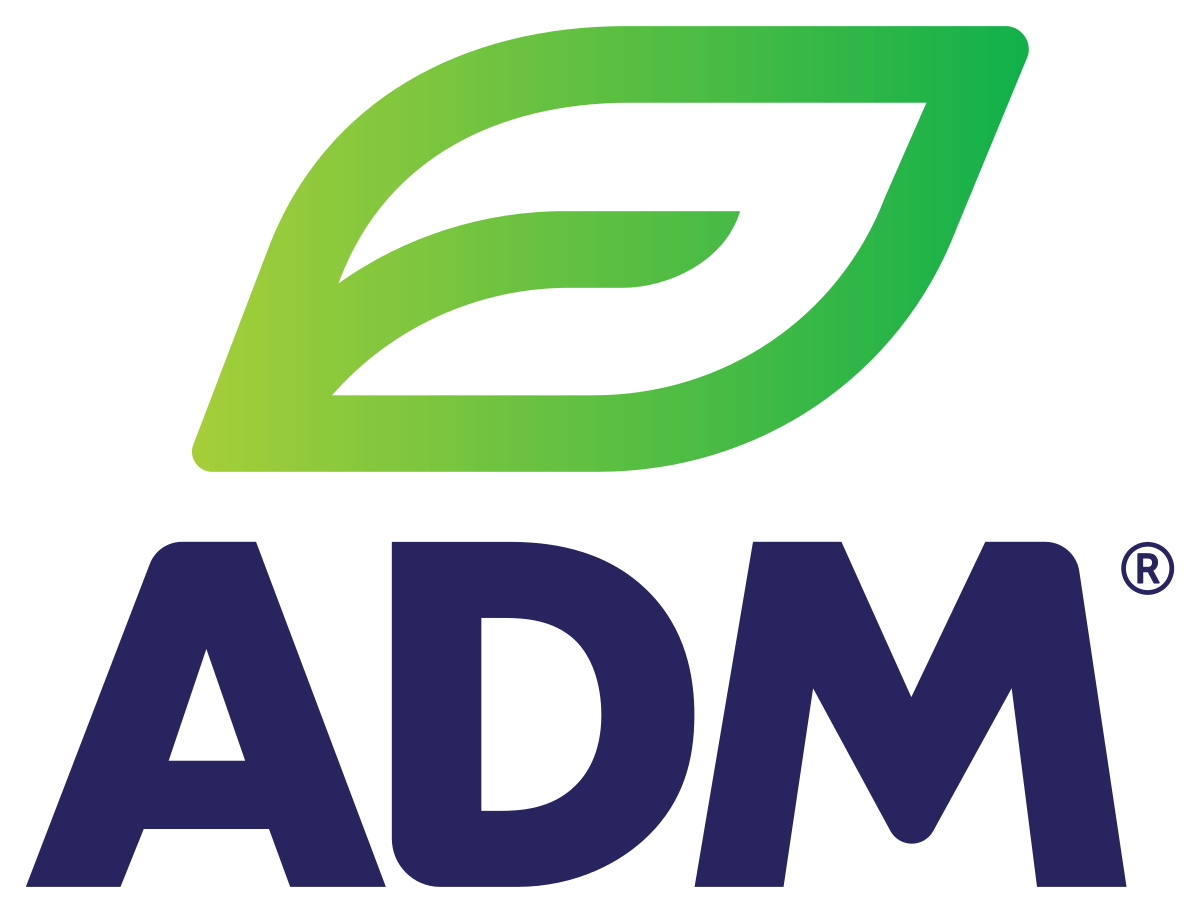Global Methanol Market Insights, Growth, Share, Size: By Derivatives, By Distribution Channel, By End User Industry, By Region & Segmental Forecast, 2023-2031, Comparative Analysis and Trends
- Industry: Chemicals & Materials
- Report ID: TNR-110-967
- Number of Pages: 420
- Table/Charts : Yes
- November, 2023
- Base Year : 2024
- No. of Companies : 11+
- No. of Countries : 29
- Views : 10185
- Covid Impact Covered: Yes
- War Impact Covered: Yes
- Formats : PDF, Excel, PPT
Global Methanol Market was Valued at USD 29.2 Bn in 2022: states TNR
Methanol, commonly known as methyl alcohol, is one of the most extensively manufactured compounds across various countries, with approximately 100 million tonnes generated year globally, almost entirely from natural gas or coal. Because of its ability to be stored aboard in liquid form at ambient temperature and atmospheric pressure, it provides a solid foundation for its usage as an alternative maritime fuel for the shipping sector.
Global Methanol Market Revenue & Volume & Forecast, (US$ Million & Million Units), 2015 – 2031

Global Methanol Market Future Opportunities
The rise in demand for methanol is driven by its adaptability across multiple industries, its potential as a clean and renewable energy source, and its alignment with environmental and sustainability goals. As the world seeks cleaner and more sustainable alternatives to traditional fuels and chemicals, methanol is positioned to play an increasingly important role in the global economy. Methanol is gaining traction as a potential green energy carrier. It can be produced from renewable sources like biomass and used as a clean fuel in various applications, including transportation and power generation. The shift toward cleaner energy sources and reduced carbon emissions offers significant growth opportunities for methanol as an energy carrier.
The future of the global methanol market is likely to be shaped by sustainability, technology advancements, and the shift toward cleaner energy sources. Methanol’s versatility and potential to contribute to a more sustainable and circular economy position it for future growth opportunities in various industries and applications.
In the petrochemical sector, the methanol-to-olefins process is expanding. Future potential lay in boosting MTO capacity to fulfil rising demand for olefinic hydrocarbons used in the manufacturing of plastics and chemicals. MTO technology enables the conversion of methanol into olefinic hydrocarbons, primarily ethylene and propylene, which are essential building blocks for a wide range of petrochemical products, including plastics, fibers, and resins. The growing demand for these olefins drives the adoption of MTO processes. Besides compared to conventional methods of olefin production, such as steam cracking, the MTO process can offer environmental benefits. It typically produces fewer greenhouse gas emissions which is contributing to rise in adoption of methanol and the overall growth of the methanol market.
Methanol is gaining huge popularity in the automotive industry as it has been used as a fuel additive in gasoline and diesel engines to improve combustion efficiency and reduce emissions. In some regions, methanol-gasoline blends like M85 (85% methanol and 15% gasoline) have been tested and used in flexible-fuel vehicles (FFVs). These blends offer a potential pathway to reduce the carbon footprint of transportation fuels. The future role of methanol in the automotive sector depends on factors such as technological advancements, infrastructure development, and regulatory support.
 Methanol is gaining traction as a marine fuel in North America, particularly in response to emissions regulations. Methanol-powered ships are being deployed in the region, with the potential to reduce sulfur dioxide (SO2), nitrogen oxide (NOx), and particulate emissions compared to traditional marine fuels. New methanol factories under construction in the United States are boosting industrial natural gas usage. Three additional facilities with a capacity of around 3.3 million metric tonnes per year (MMmt/y) are projected to come online, increasing total US methanol production to 9.4 MMmt/y, or 25,600 metric tonnes per day (mt/d)—a 45% increase over existing US capacity. Thus in the upcoming years, North America will a potential region for the growth of the methanol market.
Methanol is gaining traction as a marine fuel in North America, particularly in response to emissions regulations. Methanol-powered ships are being deployed in the region, with the potential to reduce sulfur dioxide (SO2), nitrogen oxide (NOx), and particulate emissions compared to traditional marine fuels. New methanol factories under construction in the United States are boosting industrial natural gas usage. Three additional facilities with a capacity of around 3.3 million metric tonnes per year (MMmt/y) are projected to come online, increasing total US methanol production to 9.4 MMmt/y, or 25,600 metric tonnes per day (mt/d)—a 45% increase over existing US capacity. Thus in the upcoming years, North America will a potential region for the growth of the methanol market.
Competitive Landscape
The competitive landscape of the methanol market is influenced by various factors, including market dynamics, production capacity, geographical presence, and the strategies adopted by key players. The study also provides in-depth research on the market’s main rivals, as well as information on their competition. Each company’s global presence, competitors, service offerings, innovations in products, and recent partnerships are all evaluated in the research.
Some of the key market players in the global methanol market are listed below:
- BASF SE
- Celanese Corporation
- Haldor Topsoe
- LyondellBasell Industries Holdings B.V.
- Metafrax Chemicals
- Methanex Corporation
- MITSUBISHI GAS CHEMICAL COMPANY, INC.
- OCI
- PETRONAS Chemicals Group
- SABIC
- US Methanol LLC
- Yanzhou Coal Mining Company Limited
- Other Market Participants
Global Methanol Market Report Coverage
| Report Specifications | Details |
| Market Revenue in 2022 | US$ 29.2 Billion |
| Market Size Forecast by 2031 | US$ 41.3 Billion |
| Growth Rate (CAGR) | 4.7% |
| Historic Data | 2015 – 2021 |
| Base Year for Estimation | 2022 |
| Forecast Period | 2023 – 2031 |
| Report Inclusions | Market Size & Estimates, Market Dynamics, Competitive Scenario, Trends, Growth Factors, Market Determinants, Key Investment Segmentation, Product/Service/Solutions Benchmarking |
| Segments Covered | By Derivatives, By Distribution Channel, By End User Industry |
| Regions Covered | North America, Europe, Asia Pacific, Middle East & Africa, Latin America |
| Countries Covered | U.S., Canada, Mexico, Rest of North America, France, The UK, Spain, Germany, Italy, Nordic Countries (Denmark, Finland, Iceland, Sweden, Norway), Benelux Union (Belgium, The Netherlands, Luxembourg), Rest of Europe, China, Japan, India, New Zealand, Australia, South Korea, Southeast Asia (Indonesia, Thailand, Malaysia, Singapore, Rest of Southeast Asia), Rest of Asia Pacific, Saudi Arabia, UAE, Egypt, Kuwait, South Africa, Rest of Middle East & Africa, Brazil, Argentina, Rest of Latin America |
| Key Players | BASF SE, Celanese Corporation, Haldor Topsoe, LyondellBasell Industries Holdings B.V., Metafrax Chemicals, Methanex Corporation, MITSUBISHI GAS CHEMICAL COMPANY, INC., OCI, PETRONAS Chemicals Group, SABIC, US Methanol LLC, Yanzhou Coal Mining Company Limited, Other Industry Participants |
| Customization Scope | Customization allows for the inclusion/modification of content pertaining to geographical regions, countries, and specific market segments. |
| Pricing & Procurement Options | Explore purchase options tailored to your specific research requirements |
| Contact Details | Consult With Our Expert
Japan (Toll-Free): – +81 663-386-8111 South Korea (Toll-Free): – +82-808- 703-126 Saudi Arabia (Toll-Free): – +966 800 850 1643 United States: +1 302-232-5106 United Kingdom: +447537105080 E-mail: askanexpert@thenicheresearch.com
|
Global Methanol Market
By Derivatives
- Formaldehyde
- Acetic Acid
- Methyl tert-butyl ether (MTBE)
- Dimethyl Ether (DME)
- Methanol- to-olefins (MTO)
- Biodiesel
- Others
By Distribution Channel
- Direct
- Indirect
By End User Industry
- Construction
- Automotive
- Electronics
- Chemical
- Pharmaceutical
- Marine
- Others
By Region
- North America (U.S., Canada, Mexico, Rest of North America)
- Europe (France, The UK, Spain, Germany, Italy, Nordic Countries (Denmark, Finland, Iceland, Sweden, Norway), Benelux Union (Belgium, The Netherlands, Luxembourg), Rest of Europe)
- Asia Pacific (China, Japan, India, New Zealand, Australia, South Korea, Southeast Asia (Indonesia, Thailand, Malaysia, Singapore, Rest of Southeast Asia), Rest of Asia) Pacific
- Middle East & Africa (Saudi Arabia, UAE, Egypt, Kuwait, South Africa, Rest of Middle East & Africa)
- Latin America (Brazil, Argentina, Rest of Latin America)
Report Coverage and Deliverables
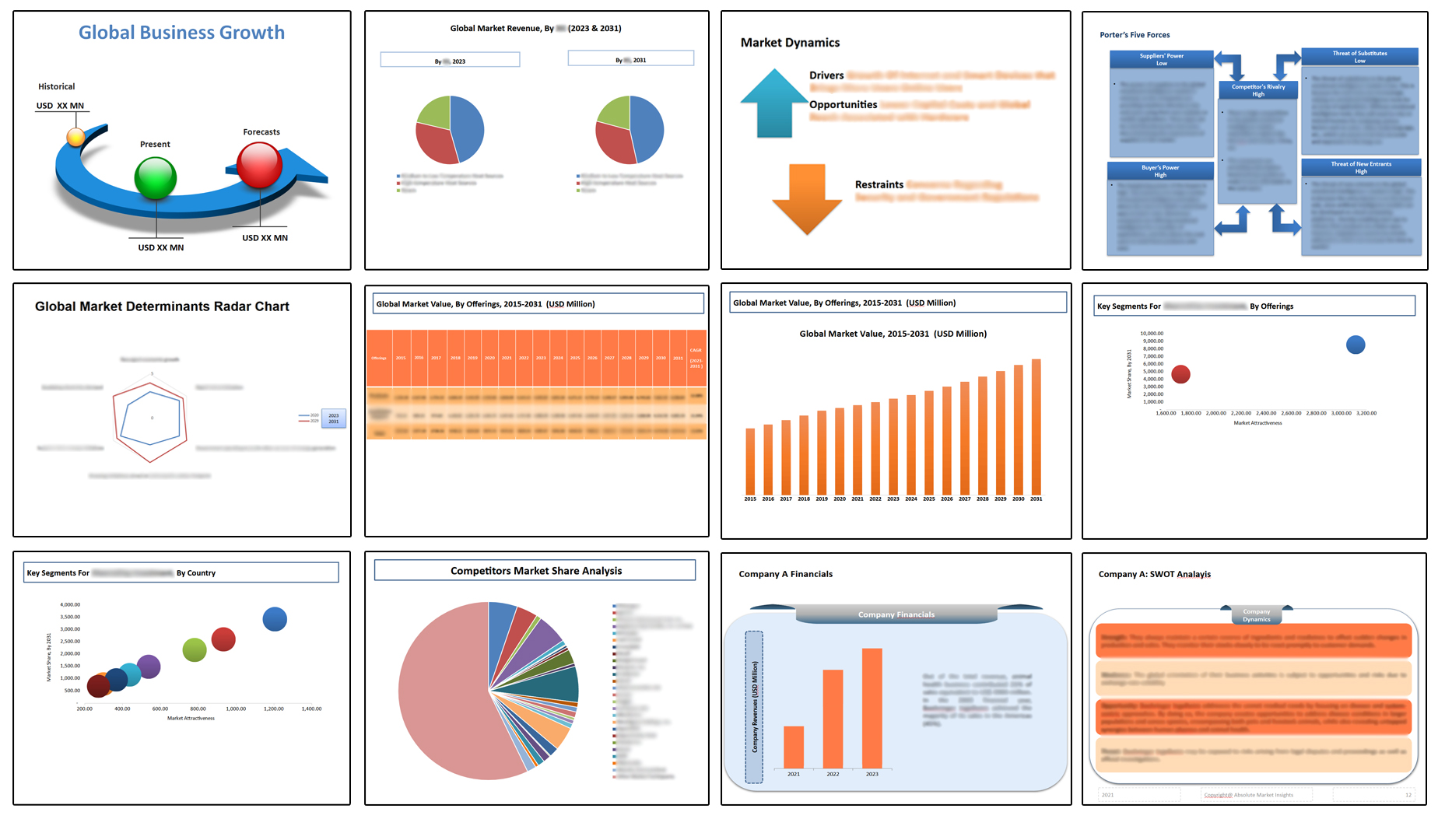
Table of Contents
**Exclusive for Multi-User and Enterprise Use
Note: This ToC is tentative and can be changed according to the research study conducted during the course of report completion.
**Exclusive for Multi-User and Enterprise User.
Global Methanol Market Segmentation
By Derivatives
By Distribution Channel
By End User Industry
By Region
**Note: The report covers cross-segmentation analysis by region further into countries
The Niche Research approach encompasses both primary and secondary research methods to provide comprehensive insights. While primary research is the cornerstone of our studies, we also incorporate secondary research sources such as company annual reports, premium industry databases, press releases, industry journals, and white papers.
Within our primary research, we actively engage with various industry stakeholders, conducting paid interviews and surveys. Our meticulous analysis extends to every market participant in major countries, allowing us to thoroughly examine their portfolios, calculate market shares, and segment revenues.
Our data collection primarily focuses on individual countries within our research scope, enabling us to estimate regional market sizes. Typically, we employ a bottom-up approach, meticulously tracking trends in different countries. We analyze growth drivers, constraints, technological innovations, and opportunities for each country, ultimately arriving at regional figures.Our process begins by examining the growth prospects of each country. Building upon these insights, we project growth and trends for the entire region. Finally, we utilize our proprietary model to refine estimations and forecasts.
Our data validation standards are integral to ensuring the reliability and accuracy of our research findings. Here’s a breakdown of our data validation processes and the stakeholders we engage with during our primary research:
- Supply Side Analysis: We initiate a supply side analysis by directly contacting market participants, through telephonic interviews and questionnaires containing both open-ended and close-ended questions. We gather information on their portfolios, segment revenues, developments, and growth strategies.
- Demand Side Analysis: To gain insights into adoption trends and consumer preferences, we reach out to target customers and users (non-vendors). This information forms a vital part of the qualitative analysis section of our reports, covering market dynamics, adoption trends, consumer behavior, spending patterns, and other related aspects.
- Consultant Insights: We tap into the expertise of our partner consultants from around the world to obtain their unique viewpoints and perspectives. Their insights contribute to a well-rounded understanding of the markets under investigation.
- In-House Validation: To ensure data accuracy and reliability, we conduct cross-validation of data points and information through our in-house team of consultants and utilize advanced data modeling tools for thorough verification.
The forecasts we provide are based on a comprehensive assessment of various factors, including:
- Market Trends and Past Performance (Last Five Years): We accurately analyze market trends and performance data from preceding five years to identify historical patterns and understand the market’s evolution.
- Historical Performance and Growth of Market Participants: We assess the historical performance and growth trajectories of key market participants. This analysis provides insights into the competitive landscape and individual company strategies.
- Market Determinants Impact Analysis (Next Eight Years): We conduct a rigorous analysis of the factors that are projected to influence the market over the next eight years. This includes assessing both internal and external determinants that can shape market dynamics.
- Drivers and Challenges for the Forecast Period:Identify the factors expected to drive market growth during the forecast period, as well as the challenges that the industry may face. This analysis aids in deriving an accurate growth rate projection.
- New Acquisitions, Collaborations, or Partnerships: We keep a close watch on any new acquisitions, collaborations, or partnerships within the industry. These developments can have a significant impact on market dynamics and competitiveness.
- Macro and Micro Factors Analysis:A thorough examination of both macro-level factors (e.g., economic trends, regulatory changes) and micro-level factors (e.g., technological advancements, consumer preferences) that may influence the market during the forecast period.
- End-User Sentiment Analysis: To understand the market from the end-user perspective, we conduct sentiment analysis. This involves assessing the sentiment, preferences, and feedback of the end-users, which can provide valuable insights into market trends.
- Perspective of Primary Participants: Insights gathered directly from primary research participants play a crucial role in shaping our forecasts. Their perspectives and experiences provide valuable qualitative data.
- Year-on-Year Growth Trend: We utilize a year-on-year growth trend based on historical market growth and expected future trends. This helps in formulating our growth projections, aligning them with the market’s historical performance.
Research process adopted by TNR involves multiple stages, including data collection, validation, quality checks, and presentation. It’s crucial that the data and information we provide add value to your existing market understanding and expertise. We have also established partnerships with business consulting, research, and survey organizations across regions and globally to collaborate on regional analysis and data validation, ensuring the highest level of accuracy and reliability in our reports.


